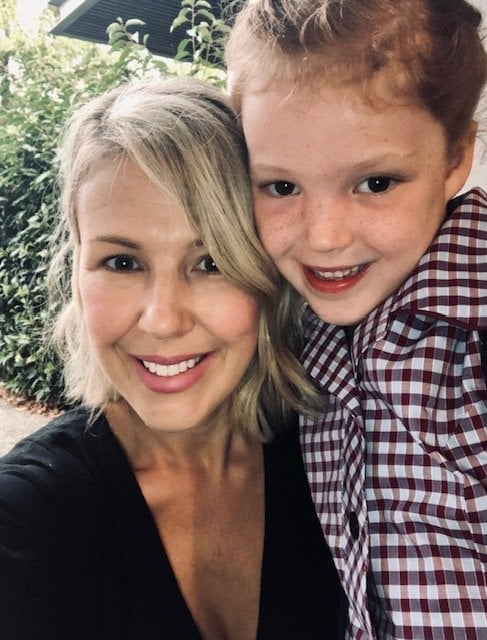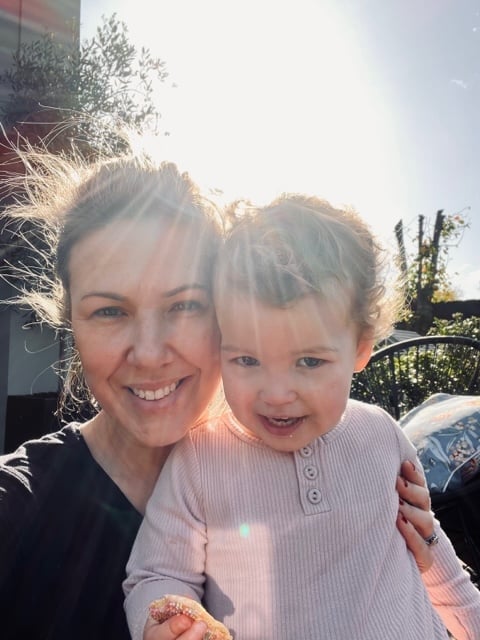

Most of us can agree this life is... well, complicated. But for children especially, these complications can feel overwhelming.
They haven’t yet fully developed effective skills and strategies to cope with daily problems, and this can take a toll on their mental health.
Siblings, social media, school and friendships are all things that can make a child’s world feel that little bit extra complicated.
For parents, it’s important to not only keep an eye on our children’s mental health but keep checking back on a regular basis. Kids of all ages need to be reassured that their worries, no matter how small, are worthy of having someone hear them.
The practice of checking in with children and asking questions in a non-threatening manner is crucial, as it can prompt important conversations. It’s essential to us as a family to normalise these conversations early in childhood so that our girls feel safe talking about their feelings, without their parents trivialising or dismissing their concerns.
Although a friend not playing with them at recess sounds minor to a parent, it could potentially feel like a huge rejection to a small child, and their feelings around that are valid.
Here are the three questions I regularly ask our daughters when checking in on their mental health.
Who did you play with at lunchtime?
This question is the easiest way to check in on how our youngest daughter is going at school, particularly socially. It starts an important dialogue about school, friendship dynamics and any conflict that might be occurring within her social circles.




